It’s easy to think that sleep hygiene is all about the sanitation involved in your resting space and set-up. And while that’s true to an extent, the idea of clean bed sheets and dust-free pillows don’t quite encapsulate the spectacle sleep hygiene should be about. The truth is, the patterns, behaviors, and rituals you dedicate around sleep are the very elements that define what sleep hygiene is. Regularly burning the midnight oil and promising to catch sleep on the weekend are poor examples of what you should be doing to establish peaceful and organized evenings.
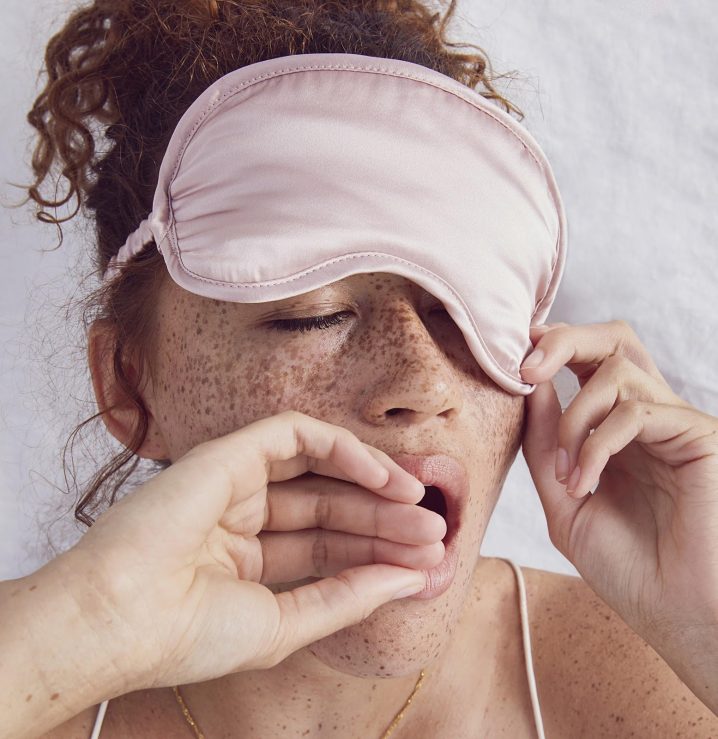
Why is sleep hygiene crucial to living your best life?
Great sleep hygiene guarantees you the consistency of premium, well-deserved sleep; leading to fuller mornings packed with a clear mind and a feisty, go-getting attitude. Bad sleep habits, adversely, only direct you to the opposite lane. It’s been established, time and again, that sleep is crucial to any living being. The sufficiency of slumber is critical to fostering balanced emotional, mental, and physical health. It helps you stay determined throughout the day, regulating your spirits and making you feel more dynamic and in the zone.
Avoiding late night caffeinated drinks and giving in to a sleep schedule are practices one should always look into. In the challenging journey to achieve meaningful sleep, improved nightly norms should be in place. To help you better understand the steps involved in enjoying quality sleep at night, feel free to go through the following list.
Here are the many ways you can assess your sleep hygiene
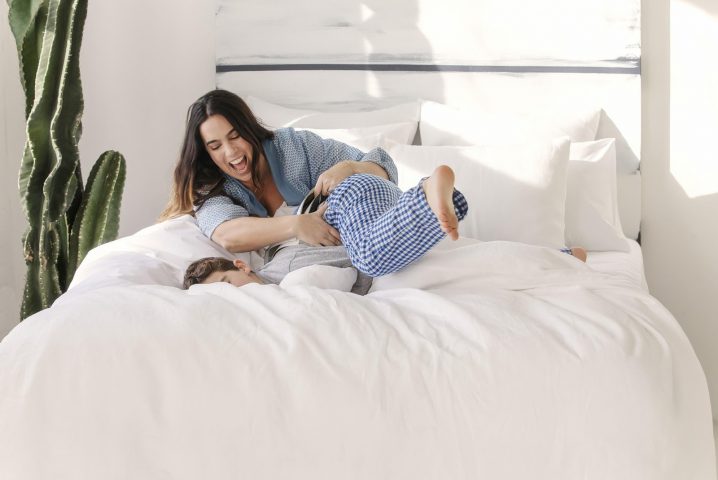
Respect your body clock
Here’s a trivia on general anatomy: the body’s sleep-wake pattern is managed by an internal clock inside the brain. That said, most bodily activities and processes are synced into a 24-hour physiological timeframe. The body understands that certain parts of the day call for particular body demands and movements. Say, mornings are meant for jogging, or noon times are meant for eating. The body has some level of grasp on what it should be doing depending on which part of the day you’re in.
In other words, getting the right amount of sleep is working harmoniously with your body clock.
Improve your sleeping set-up
Good sleep is a lot more attainable if your bedroom feels comfortable. Don’t be hesitant to invest in a mattress that’s right for you. One that’s both soft and bouncy, but also firm and strong. Go over different kinds of mattress brands and see for yourself what the leading ones are. But don’t stop there. Given the advancement of sleep technology we now have, consider the many factors you should look into when selecting mattresses. What are the best chemical free mattresses there are? How eco-friendly are these mattresses? What are the materials used in this and how do they support the human body?
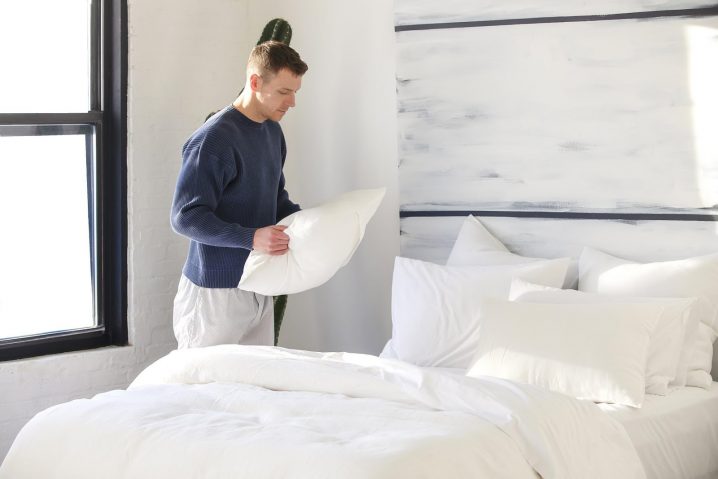
Conversely, check out pillows, too. Many times, people overlook the impact pillows contribute to an overnight’s rest. But the truth is, they play a vital role in protecting and supporting the upper body.
They make for good companions for when you feel lonely and they’re effective buddies that help you stay warm. Try snagging a contour memory foam pillow to make sleeping an even better experience for you.
Furthermore, using earplugs when noise is uncontrollable and unbearable can better your set-up, too. Because your sleeping area is where you actually sleep, make sure you exert the effort in keeping it a zone you genuinely enjoy being in.
Avoid vices, if not lessen them.
In the hopes that they sleep better and much earlier, a few people resort to social drugs or other similar forms of medication. A cigarette, for example, is an instrument that helps smokers relax and keep calm, but nicotine is a strong stimulant. Increased blood pressure and an accelerated heart rate can keep you awake for an even longer time.
Alcohol is a good example of that, too. Because it’s a depressant, it slows down production in the nervous system. It’s proven to make anyone fall asleep much earlier, that true. But because alcohol disrupts sleeping patterns, it’s also just as likely that you won’t feel as fresh and well-slept when you awake in the morning. Other side effects may include a painful hangover and frequent trips to the toilet.
Sleeping pills, like both of the ones mentioned in this mini list, can be addictive, too. They work great, that’s true. But their rebound effect can be difficult to shake off as well. If you’re used to taking sleeping pills, it’s a lot easier to feel drowsy in the middle of your day. Seeing proves to even be more challenging, too, once you try to rest without it. As much as possible, take these pills only when you’re medically advised to.
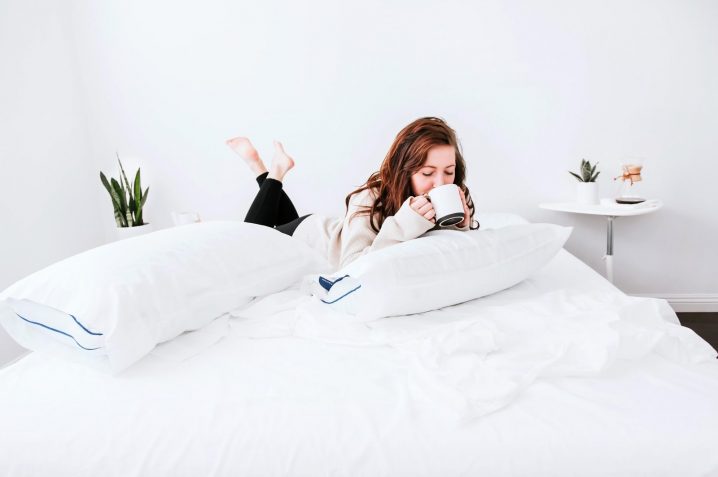
Clear your mind
Although not completely, much of insomnia has a lot to do with excessive worrying and anxiety. If you’re one who’s prone to worrying at night no matter how hard you try, consider scheduling your moments of worry. Schedule half an hour where you sulk into your worries before finally shutting your eyes. Once your time of worrying is over, remind yourself that you’re done for the day. This may sound absurd but worrying is an energy that doesn’t disappear all at once. There is no shame in executing baby steps.
Relaxation exercises are effective, too. Intentionally choose to clear your mind all while conducting breathing exercises for yourself. You may choose to think of a serene place and sit still for a good number of minutes. It becomes even more difficult to sleep if your head is clouded with the following day’s to-do list. So choose to meditate when possible.
Limit your bedroom activity
Whether you sleep on a split king adjustable bed with mattress or not, having an area dedicated only to sleep is psychologically vital. Respect your space. Many times, our minds associate activities and places together. When you’re one who’s used to working on your bed, it’s easier for your brain to associate where you sleep to still be a place of motion and deadlines.
It’s imperative to subconsciously correlate being in bed to only two things: sleep and sex. Activities such as using your laptop or reading a book are best done at a table or in the living room. While it’s not exactly rocket science, you’ll soon notice how quickly the mind picks up routines and places so smoothly.
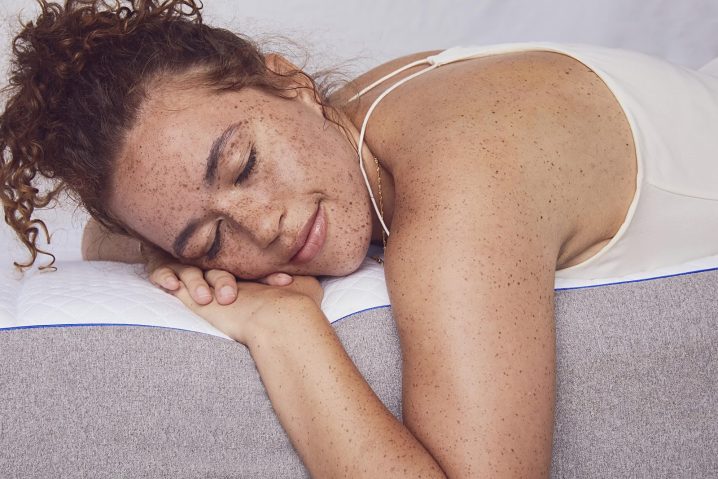
Don’t indulge yourself in too many daytime naps.
Pay close attention to the duration and number of times you nap during the daytime. For obvious reasons, naps can be advantageous; especially when your day is packed and your list of things to complete seem endless. But when your naps become full-length siestas, you could be robbing future you of a good night’s rest.
Limit power naps to half an hour or less. If you sleep for longer than that, you risk entering the REM stage of sleep, plus feeling groggier when you awake.
Make time to exercise in the morning
What you do when the sun is up aids in determining how your evening will turn out. Moving and sweating improve overall health. It also helps to physically drain your body, making it more ready to sleep for when bedtime actually comes. If possible, avoid working out at night at massive movements energize you. The more alert you are in the evening, the more difficult falling asleep can become.
A well-rounded lifestyle can deem impossible to many but much of these things start from small decisions and following them through. The more used you become to sticking to a schedule and religiously following a pattern, the more handily these traits and practices become habits. Great sleep hygiene begins in the mind and ends there, too. And when the world is your oyster, a clear mind is your best friend.



